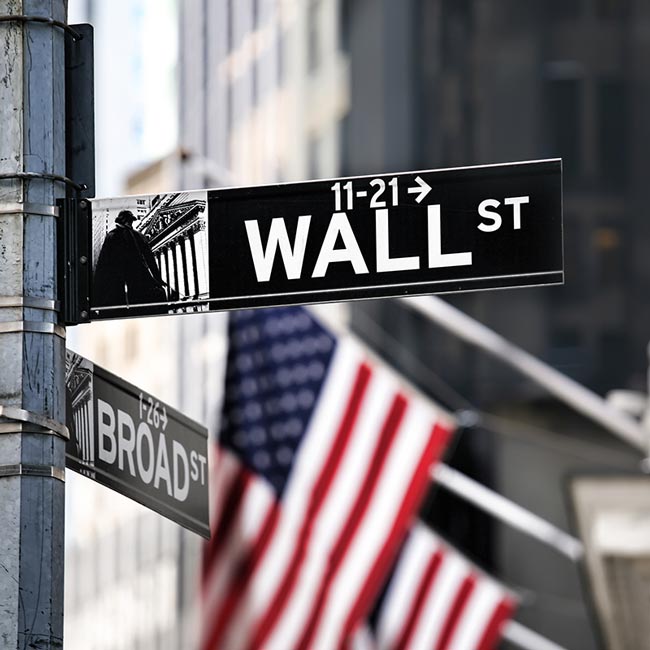Aaron Kaplan
|
May 15, 2025
This version was previously published on Traders Magazine on 5/15/2025, which you can read here.
The crypto industry just recorded its biggest quarter ever for M&A—64 deals and $2.2 billion in the first three months of 2025, according to a recent report from Architect Partners. But the real story isn’t the number of deals. It’s what is being bought – and why.
Ripple is buying Hidden Road, a prime brokerage firm. Securitize acquired MG Stover’s fund administration business. Kraken snapped up NinjaTrader, a retail-focused futures trading platform. These are legacy crypto companies buying “real world assets” of a different kind: foundational components of regulated financial infrastructure that underpin the securities industry.
The message is clear: Crypto isn’t trying to exist outside the regulated financial system anymore. It’s aiming to become the system.
A Shift in Strategy - and in Mood
What’s changed? For one, crypto companies are flush with capital. Years of building in parallel to traditional finance have left many of them with cash piles and few constraints. At the same time, the political climate is thawing. Post-election sentiment in the U.S. created a friendlier regulatory backdrop that has unleashed a wave of strategic expansion.
But there’s a more fundamental shift underway. The growth story in digital assets is no longer about what can be built in isolation. These firms realize that future revenues won’t come from products issued in the hidden corners of DeFi, or isolated on Layer-1 blockchains. It’s about what can be plugged into the real economy: regulated broker-dealers, compliant trading systems, and on-chain or tokenized versions of the securities investors already know and trust.
Innovative, and less expensive and more efficient financial products are the lure. Tokenized U.S. Treasuries are up nearly 500% in the past year, approaching $6 billion in on-chain assets. On-chain equities and funds are not far behind. The infrastructure for digital asset securities – issuance, trading, clearing, settlement and custody – is quietly maturing. As digital market infrastructure becomes more mainstream, expect a broader range of securities products from structured products to ETFs to investment funds of all stripes issued directly on-chain.
The goal? Seamless, regulated platforms that combine traditional and digital securities under one roof. Not parallel markets. Unified, digital markets.
What this means for broker-dealers
The U.S. broker-dealers industry generated over $600 billion in gross revenue last year. And the universe of securities products in the U.S.—primarily equities and debt—tops $125 trillion, both according to SIFMA’s most recent Capital Markets Fact Book.
That’s the scale the crypto industry is eyeing – and the rails it’s preparing to run on.
For broker-dealers, this creates a dual threat and opportunity. Firms that embrace blockchain-enabled infrastructure can offer lower-cost products, faster settlement, and new investor experience like increased product access, enhanced liquidity, and real-time yield. Those that don’t will find themselves competing against crypto-native firms that now own SEC-registered and FINRA member platforms, capital markets-grade systems, and the digital playbook to match.
Three moves to make now:
Modernize your infrastructure. Evaluate blockchain-based solutions for securities issuance, custody, clearing, and settlement. The technology is no longer theoretical. If you haven’t had a discussion on modernizing your legacy rails, you're already behind.
Build tokenization into your roadmap. Investors will begin to expect tokenized, or on-chain versions of traditional products. Think funds with real-time dividend accrual, 24/7 liquidity, or application as sources of collateral. If you can’t offer these features, someone else will. Don’t wait to be asked for them.
Engage, even without perfect clarity. The regulatory path won’t be 100% clear – and that’s okay. The SEC and FINRA already permit compliant digital asset securities. The crypto industry isn’t waiting. Neither should you.
Crypto is no longer an accessory to capital markets—they are seeking to be woven into the fabric of digital markets. For traditional securities firms, the question isn’t whether to compete, it’s when and how. The future of finance won’t be crypto or traditional. It will be both—fully integrated, fully regulated, and built on better technology.
The firms that embrace this shift now will define the next era of capital markets.
Aaron Kaplan is the co-CEO of Prometheum Inc. Its affiliates Prometheum ATS and Prometheum Capital offer an end-to-end, blockchain-enabled ecosystem for the trading (Prometheum ATS) and clearance, settlement, and custody of digital asset securities (Prometheum Capital).
# # #

January 27, 2026
NYSE’s Tokenized Securities Initiative Signals the Acceleration of Digital Markets

December 18, 2025
What the SEC’s Crypto Asset Security Guidance Means for Broker-Dealers

August 1, 2025
Regulators Handed the Crypto Industry a 5-Year Head Start. Can Wall Street Catch Up?